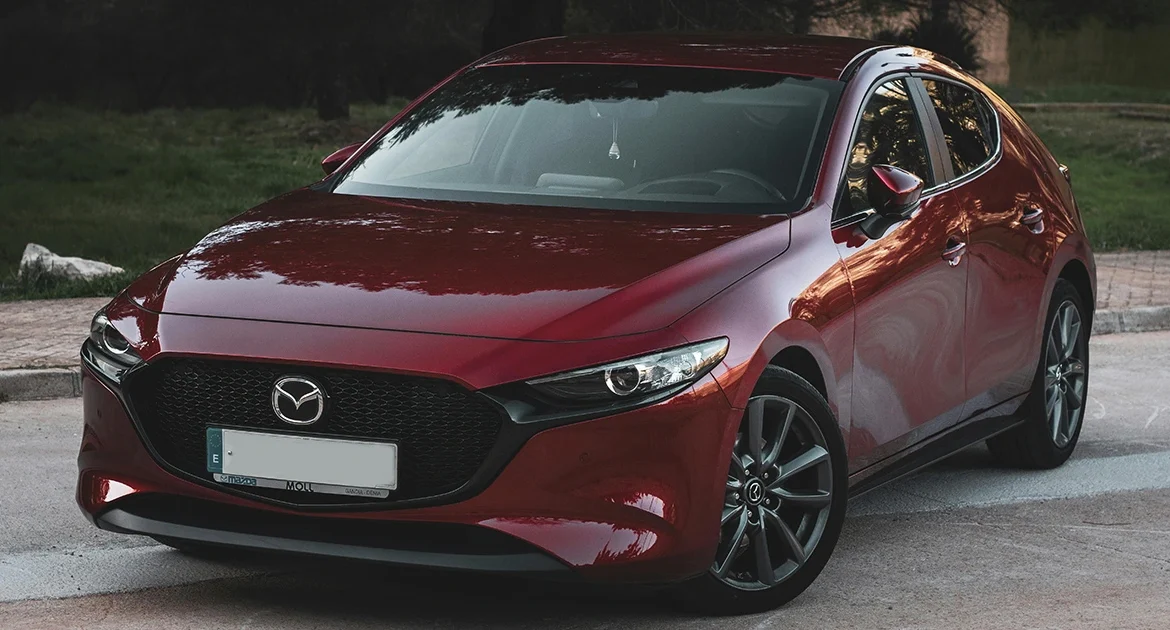Car window tinting is a popular choice for many drivers, offering benefits like reduced glare, UV protection, and enhanced privacy. However, it’s essential to understand the laws around tinted windows car owners must follow in New Zealand. Knowing these regulations ensures you remain compliant, avoid fines, and keep your vehicle safe for the roads. This guide covers everything you need to know about tinted car windows in NZ.
When it comes to tinted windows car regulations in New Zealand, understanding the rules and guidelines is crucial for every vehicle owner. Window tinting offers many benefits, including privacy, reduced glare, and protection from harmful UV rays. However, there are specific legal requirements in place to ensure safety and visibility on the roads. This complete overview will guide you through the key aspects of car window tinting laws in New Zealand.
What is Window Tinting?
Window tinting involves applying a thin film to a car’s windows to reduce the amount of visible light, heat, and UV rays entering the vehicle. It can improve driving comfort, help preserve the interior, and add an extra layer of privacy. However, while window tinting has many advantages, it’s regulated to ensure safety for all road users.
Legal Tint Limits for Tinted Car Windows in NZ
New Zealand has specific regulations governing how dark you can tint your vehicle windows. These rules are designed to balance driver visibility, safety, and the benefits of tinting. Here’s what you need to know about the legal tint limits:
- Front Side Windows: For the front side windows (the driver and passenger windows), the law allows a minimum of 35% VLT (Visible Light Transmission). This means that the tint must let at least 35% of visible light through.
- Rear Side and Back Windows: The rear side windows and the back window have more lenient regulations. If your vehicle has side mirrors that provide a clear view behind, you can use tints that are darker than 35% VLT on these windows. This flexibility allows drivers more options for privacy and comfort.
- Windscreen: The front windscreen has stricter rules. Tinting is only allowed on the top portion of the windscreen, often referred to as a sun strip. This sun strip can be up to 100mm deep and must comply with the 35% VLT rule, ensuring that the driver’s view is not obstructed.
Why Are There Laws Governing Tinted Windows in New Zealand?
Regulations on tinted windows car owners must follow in New Zealand are primarily focused on road safety. Darker tints can make it harder for drivers to see clearly, especially at night or in low-light conditions. This can increase the risk of accidents. Additionally, law enforcement officers need to be able to see into vehicles for security reasons, which is another reason for the restrictions.
Penalties for Non-Compliance
Driving a vehicle with tinted windows that do not meet the legal requirements in New Zealand can result in fines and even a failed Warrant of Fitness (WoF). The WoF inspection checks for various aspects of roadworthiness, including the legality of window tints. If your vehicle fails this inspection, you will need to remove or replace the non-compliant tint before it can be driven legally.
How to Ensure Your Tinted Car Windows Are Legal in NZ
Here are a few tips to make sure your tinted windows comply with New Zealand’s regulations:
- Use Professional Services: It’s best to use professional services when tinting your car windows. A reputable company will be familiar with the legal requirements and ensure the correct VLT levels are applied. For example, businesses like Smart Auto Tintting offer expertise in achieving compliant yet effective window tints.
- Check VLT Ratings: When choosing a tint, make sure to confirm its VLT rating. The film should have a visible light transmission of at least 35% for the front side windows.
- Request a Compliance Certificate: Some tinting services provide a compliance certificate that confirms the tint meets New Zealand’s legal standards. While not required by law, having this certificate can give you peace of mind during WoF inspections.
Exemptions to Tinting Laws
There are some exceptions to the general rules for tinted car windows in NZ. These may include vehicles used by law enforcement, emergency services, and certain work vehicles that may need more specialized tinting for specific purposes. If you believe your vehicle might qualify for an exemption, it’s best to consult with an expert or the NZ Transport Agency.
Benefits of Legal Tinting
When you adhere to New Zealand’s laws on tinted car windows, you still get to enjoy several benefits, such as:
- Reduced Glare: Tinting reduces the sun’s glare, making driving more comfortable and safer.
- UV Protection: It helps block harmful UV rays, protecting your skin and your vehicle’s interior.
- Temperature Control: Tinted windows can keep your car cooler in summer by blocking out heat, reducing the need for air conditioning.
- Enhanced Privacy: While maintaining legal limits, tinted windows can provide a degree of privacy, making it harder for people to see inside your vehicle.
Understanding the laws around tinted windows car owners must adhere to in New Zealand is crucial for both safety and compliance. By following the regulations on tinted car windows NZ, you can ensure that your vehicle stays roadworthy and that you avoid any unnecessary fines. If you’re considering tinting your car windows, consult with a professional to make sure the job is done right and within legal boundaries. Not only will this keep you on the right side of the law, but it will also allow you to enjoy the many benefits that window tinting has to offer.
Whether you’re looking to enhance comfort, protect your vehicle, or add a touch of style, compliant window tinting is a great option for Kiwi drivers.
Car window tinting has become a popular choice among vehicle owners in New Zealand due to its benefits like increased privacy, UV protection, and heat reduction. However, it’s essential to understand and follow the legal regulations surrounding window tinting to avoid fines and ensure safety on the road. In this guide, we’ll discuss New Zealand’s window tinting laws and share some helpful tips for staying within the legal limits.
Understanding New Zealand’s Window Tinting Regulations
- Light Transmission: New Zealand law requires a minimum of 70% light transmission through the front windscreen. For the front side windows (adjacent to the driver and front passenger), a minimum of 35% light transmission is required.
- Rear Windows: While there are no specific restrictions on the darkness of the rear windows, it is recommended to maintain sufficient visibility, especially during night driving.
- Reflectivity: Window tints should not be overly reflective, as excessive reflectivity can hinder the driver’s view and distract other road users.
- Tinting Film Quality: The tinting film must be of high quality, free from damage or discoloration, to ensure clear visibility through the windows.
Tips for Staying Within Legal Limits
- Choose Professional Installation: Opt for professional window tinting services. Experienced technicians are familiar with the regulations and will ensure that your tinting meets legal standards.
- Request Legal Tints: When getting your windows tinted, make it clear to the service provider that you need tints that comply with New Zealand’s regulations. Reputable providers will use films that adhere to legal requirements.
- Avoid DIY Kits: Unless you’re confident about applying window tints correctly, it’s best to avoid DIY kits. Improper installation can result in darker tints, which may lead to legal issues.
- Regularly Inspect Tint Condition: Over time, tints can wear out, becoming darker or developing bubbles. Regularly check the condition of your tints and replace them if they no longer comply with legal standards.
- Stay Informed: Familiarize yourself with local regulations. Knowing the legal limits can help you make better decisions about your vehicle’s window tinting.
Being a responsible vehicle owner means complying with the legal regulations to ensure safety on the road. By following New Zealand’s window tinting laws and using the tips in this guide, you can enjoy the benefits of tinted windows while staying within the law. If you have any doubts, consult professionals who can help you select tints that meet both your needs and legal requirements. Remember, safe driving starts with clear visibility, so tint responsibly and enjoy the advantages it brings while adhering to the law.



Leave a Reply